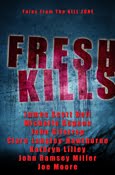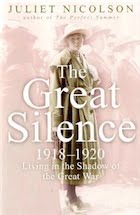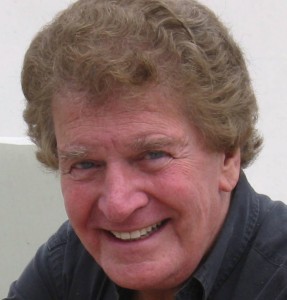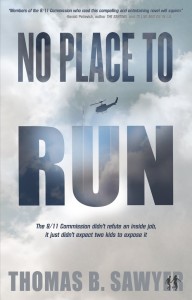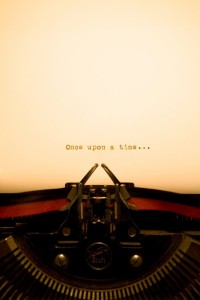Welcome to 2015!
I greeted the new year in with a literal ‘bang’ as we had heating problems in our newly renovated basement and three water pipes froze and burst – so as far as I’m concerned this year can only get better:)
Here at the TKZ, we are looking forward to a wonderful, productive, challenging year ahead for all our writing. We are also constantly looking forward to ways we can improve our blog to meet our growing readership. There have been many changes in the publishing industry since our blog’s inception in 2008 and we have been thrilled to see our readership continue to climb over the years.
Given these changes, however, it is important for us to take a moment to reflect on our blog’s mission and the direction TKZ should take in the years ahead.
So we thought we would take this opportunity to ask you for feedback on our blog’s direction in 2015. We know that to keep current, relevant and useful, we need to continually assess and refine both our mission as well as our content. So we’d love your thoughts and feedback on:
- Our mission, focus and posts: We’ve noticed a shift in the blog’s direction towards focusing on the craft of writing and the issues facing aspiring as well as professional writers. Typically our blog posts focus on practical advice on writing craft as well as providing personal accounts and experiences that touch upon our writing. Would you like to see us delve more deeply into other areas or industry trends? Would you like to see more on promotion, marketing, editorial advice or ‘indie’ publishing?
- Further blog contributions/guest posts: Since we now have a professional editor (thanks Jodie!) in our midst as well as professional writers spanning many genres, we were thinking about adding other professionals into the mix. Would you be interested in hearing from other perspectives (a literary agent perhaps?) on a more regular basis? Are there any other people you’d like to see providing guest posts?
- Other TKZ offerings: It would be great to also receive feedback on the value of critiques and other participation offerings we could potentially provide. Are our first page critiques helpful? Would you like to see more or less of these kind of offerings on our blog?
- The ‘look and feel’ of the TKZ: We are tossing up alternative templates to give the blog a better ‘look and feel’ and any feedback on this would be greatly appreciated. We are definitely hoping to create a new look and feel for 2015, so keep a look out for the changes ahead!



